Israel directs media disinformation assault on Iran
Cyborgs don't have to be tin men with laser guns. A simple word spreading through cyberspace can be as lethal as a virus or bacteria affecting the brain, and cyber wars do just that as they manipulate the minds of millions if not billions.
Many media channels have become generals in these wars serving as propaganda machines for the powerful governments starting these wars to win the hearts and minds of other nations in order to turn them against their own sovereign governments and neighboring states putting into practice the old notion of divide and rule.
Just take a look at the recent Israeli aggression against Gazans and the attempts that have been made to cause, or widen, a rift between the Iranian people and their government. This particular task has fallen on Persian language TV channels abroad and their social media platforms.
It is said that the aim of this media warfare against Iran is to create disunity among Iranians, especially between the people and the government.
Why are they trying to provoke division between the people and the government over different issues? Today, they are using the issue of Gaza for this purpose. It might change in the future as part of that bigger plan.
They know that the real power of the Islamic Republic lies in public support of the system, so, if they want to harm the Islamic Republic, they need to undermine its public support. For this purpose, they are looking for different issues to capitalize on.
Today, they are working on the issue of Palestine and Hamas. They are trying to convince the Iranians, through a plethora of media tactics that all their problems stem from Iran's support of the Palestinian cause. But we know that's not true.
Davoud Faridpour, Communications Science, Allameh Tabatabai University
Two major offenders are the Manoto and Iran International TV channels. Operating from the UK and the US, they appear to be on a campaign to pin every mishap in Iran on the government's support of Palestine, even economic problems stemming from US-imposed sanctions on the country.
They do this by portraying the resistance movement of Hamas as a terrorist group victimizing Israel, and then by blowing out of all proportion Iran's support for Palestine.
It seems as though in the recent war between Hamas and Israel, the battle of narratives, has become more prominent than before and the Israeli regime has resorted to spreading both disinformation and misinformation regarding the resistance movement.
What are your thoughts on this issue?
Since October the seventh there has been a sort of media war along with the military one. This let's say media war has been following some certain guidelines.
First, the Israeli regime doesn't want to show that it is nearly fighting against Hamas, which is just one out of many Resistance Movement groups. It's trying to show that it's fighting against Iran or the resistance movement as a whole. After all, the regime has received a heavy blow and it doesn't like to say that the blow was only from Hamas.
Second, the Israeli regime tries to show itself as the victim. Over the past years we've seen that the regime intentionally refrained from releasing videos about Israeli captives or injured soldiers. But this time around, the Israeli media outlets are deliberately showing them.
The question is what is behind this media shift? It's clear that Tel Aviv wants to justify its war crimes and prepare public opinion for further brutal assaults.
Mohammed Lessani, Media Expert
They seem to believe that if Hamas is discredited, every word in its support is a breath wasted. According to these media, any penny spent on this movement is money wasted, and worse than that it is money helping terrorism. So many birds were killed with one stone.
Iran's government is being demonized with the aim of losing the support of its people. This way the ground is fertile for regime change or an attack on Iran, should Israel get its way with the US, they believe.
Consequently, Iran will be out of the way of Israel and its aggressions against Palestinians. It's literally one Israeli war being fought on several Iranian fronts.
Persian language media outlets outside Iran begin by demonizing the victim to exonerate the aggressor. They refer to resistance groups as terror groups.
The Operation Al Aqsa Storm by Hamas can hardly be found on Google as Iran International and Manoto refer to it as a terror attack.
Palestinians defending their rights are hence called terrorists while an actual traitorous attack by the Al Ahwazi separatist group on Iranian soil in 2018 is, according to Iran International, simply a bloody deadly attack.
Manoto which is a lot more docile than Iran International is no less active in attempting to arouse sympathy for Israel. For example, in a pathetic attempt, it posted a video call between an Israeli soldier and his family with their baby naming day arriving. This father had to participate in the ceremony and pray for his child via video call as he was participating in the war against Gazans.
Pro-Israeli media outlets have sacrificed the truth before the altar of Zionism
They are trying to blame Hamas for everything. They're trying to show that if the group hadn't carried out operation Al Aqsa Flood, everything would have been alright.
They don't bother themselves saying that the operation itself was a natural response to years of systematic oppression by the Israeli regime. They're trying to delegitimize the Palestinians' rights to self defense and self determination. They are comparing Hamas with groups such as Daesh.
When talking about Hamas, they're using words and phrases that used to apply for terrorist groups. At the same time, they are trying to show Israel as the victim through fake news and distorted reports, like the one they circulated about 40 babies, beheaded by Hamas, which later turned out to be a downright lie.
They're trying to show the regime as the victim with the ultimate goal of legitimizing its crimes.
Davoud Faridpour, Communications Science, Allameh Tabatabai University
Such media outlets insist on putting in lines implying popular discontent with public policy, lines that are most of the time lies or based on false claims and rumors, while reality is blown out of proportion.
For example, they claimed that the people criticized government operations over the last attack on Zionist strongholds.
Since the start of the war, so-called political analysts on Iran International have been trying to make it believable that the Iranian establishment is out to create an oppressive environment hostile to the tiniest criticism of Hamas.
Many inside Iranian society and beyond believe that [the] Islamic Republic [of Iran] is a standing against the Israeli regime. After all, there have been numerous confrontations between Tehran and Tel Aviv since the victory of the Islamic Revolution.
So you basically believe that Islamic Republic is serious about the Palestinian cause, thanks to the public support it enjoys in this regard.
Therefore, you try to cast doubt on the whole story. You release fake news hoping your audience would take at least some of it seriously. Then your audience might ask, for example, what if what you know about the Islamic Republic and Israel is not true? What is something else is at play between Tehran and Tel Aviv?
If Iran is serious, why hasn't the country entered war with the regime?
If you can create such questions in the audience's mind, then you can take the next step. You can relate unrelated things together proceeding with your hidden agenda.
Davoud Faridpour, Communications Science, Allameh Tabatabai University
At long last the world is getting to know the true nature of Israel, how it came about by encroaching on Palestinians and usurping their land, and how it has been committing war crimes and systematically terrorizing Palestinians for the past 75 years.
For this reason, the fact that the world is waking up, the overabundance of covert propaganda for Israel, against Palestine and Hamas, is partially backfiring.
To regain whatever lost reputation the Israeli regime is employing the threadbare method of projection. This way it helps to pin its reputation as a baby killer onto its opponents, Hamas and presumably Iran.
Israel's cyber army together with its military army, are using every means possible to wipe out the Palestinian nation while cutting the flow of financial and moral support to Palestine.
Israel thought it could forge videos of Hamas hostility using artificial intelligence. But as the videos were studied closer, they just served as a reminder of Israeli culpability as a baby killer.
A CNN correspondent, Sara Sidner, apologized for airing lies about Hamas allegedly killing babies. And there are more confessions of sorts saying the Israeli regime itself actually practices child killing as a habit.
A Mossad agent, Hananya Neftali, claiming to be a media figure, tweeted in Farsi over pictures of Gazan children's lifeless bodies, "The world must thank us for destroying these little time bombs. We are in fact preventing similar future mishaps for other nations".
This tweet was quickly deleted, as was his X platform statement that "Israeli forces should attack a Hamas terror stronghold in a hospital, the Al Ahli hospital".
You will recall how the hospital attack was pinned on Hamas, although Israel has relentlessly continued with such attacks since the war broke out early in October.
Zuhayr Esfahani, an Iranian media expert, asserts that one should take any piece of news on the platform with a pinch of salt.
Would you please tell us more about the pro-Zionist influencer Hananya Neftali?
The interesting point about Mr. Neftali's Tweet is that he was forced to delete it as a result of public opinion pressure.
Likewise, when CNN broke the fake news of 40 beheaded babies, the network came under pressure to show the pictures of the children. This pressure made CNN apologize for the fake news.
What I'm trying to say is that people inside Iran and abroad should look for facts behind any piece of news. Otherwise they will be misled by propaganda machines operating across the word.
Zuhayr Esfahani, Media Expert
Naftali's falsities and falsified evidence have been many. He and his wife India recorded a video in their hideout on October 7th, the day the Hamas retaliation to Israeli occupation and brutality in the form of Al Aqsa Storm broke out.
In the video, which is said to have gone viral on social media, he claims to be a civilian at risk of Hamas rockets.
But a fact check shows that this is a false claim. In fact, he is a member of the Zionist regime's reserve forces, and in 2014, was among forces tasked with assassinating Palestinians.
In my opinion, Mr. Natali is merely a Twitter man, so to speak, a media personality with a huge amount of mistakes and miscalculations.
For example, after the bombing of the Al Ahli hospital he posted a tweet announcing with pride that Israel bombed the hospital and he deleted it after a short time.
Or, for example, he posted a photo showing Palestinian children killed by the regime, referring to them as time bombs. I think no wise politician would touch him with a 10 foot pole. But you see him with Netanyahu now and then.
Mohammad Lessani, Media Expert
Portraying Palestinian children as time bombs deserving to be eliminated is not just the mindset of Naftali. It is Israel's agenda.
Apart from fake Persian social media posts demonizing Palestinians and portraying Israel as the victim, Israel has its own direct platforms, both virtual and physical.
Regarding the media project undertaken by the Israeli regime, there are two important points I would like to make.
The first one is about fake news, as we see a huge volume of fake news online coming from the regime. You can see fake news everywhere, in your email inbox, in the mainstream media, on social media platforms, in the words of American politicians; everywhere. It's a pity fake news is so predominant in the world.
The second point is about the type of Palestinian resistance. They are actively showing their resistance struggle online. They are showing any Israeli tank or military equipments they capture or destroy. They want to hammer home this message that their struggle will come to an end. They want to say that the story of Palestine is not coming to an end with the Israeli occupation of their lands, and they're going to fight tooth and nail to get back their lands.
So the Palestinians are also active in this media war, though not by circulating fake news, but by showing their military achievements no matter how small or big they might be. This is going to unnerve the Israelis.
Mohammad Lessani, Media Expert
Within its war chamber, Israel has a media group called 'Stand With Us', which is active in occupied Palestine, the US, the UK, and elsewhere in Europe.
The group had put up a poster of a Palestinian child, bearing the question, "What will he be in the future, a doctor, a teacher or a terrorist?"
This is while each Palestinian child is himself a target for Israel and does not stand much chance of growing up, let alone achieving a career.
When we're talking about the Israeli regime we are talking about a brutal regime that seeks to take Palestine in its entirety.
The regime does whatever it likes. It continues with its land grabbing, with its illegal settlements, its bombings, and so on. And to do this, Israel has resorted to a filthy narrative war, playing the role of the victim, and to lies.
The regime is one of the main sources of fake news. It usually tells parts of the real story to mislead its audience in the end.
I remember once I was working in the newsroom, I was listening to the regime's radio. The news began with three indisputable facts but gradually shifted to baseless statements and then concluded with total lies.
At first we were under the impression that the whole story was true because it was based on facts that we knew beforehand. This is the way the regime's propaganda machine works.
Omid-Ali Masoudi, Iran National Association for Media Literacy
There is an abundance of Persian hashtags in support of Israel, to the detriment of Palestine, and demonizing the Islamic Republic for its support of Hamas.
Once again this is mostly a matter of indirectly demonizing the Iranian government before its people for its regional policies.
The most popular of these hashtags in recent weeks has been #IranstandswithIsrael, although it has not been as popular as the pro-Palestinian hashtag, #alaqsastorm.
Importantly, most followers of #IranstandswithIsrael are newcomers to Twitter or monarchists. Then there are those hashtags demonizing Hamas, for example, the hashtags #Hamasterrorists or #HamasISIS, which equates Hamas with ISIS or Daesh.
That's outrageous. Whatever Hamas is or isn't, it does not stand with Israel.
How do you interpret the recent hashtag, #IranstandswithIsrael, which is currently trending on the internet?
Concerning the hashtags, there was a hashtag called #IranstandswithIsrael. It was the most famous hashtag expressing solidarity with Israel, allegedly, on behalf of the Iranian people.
But even this hashtag didn't make a lot of noise. In other words, it failed to achieve its goals for two reasons.
First, freedom seeking people didn't welcome it. Second, the hashtag was used mainly by unidentified users. There were around 10 pro Israel hashtags and the interesting point is that the second most popular hashtag was used less than 10,000 times.
In other words, it was used less than the 10th most popular pro Palestine hashtag. This shows that there is at least an uptick in public awareness throughout the world concerning the issue of Palestine, despite all the heavy investment pro Israel groups have made to shift the narrative in favor of the regime (in Tel Aviv).
Omid-Ali Masoudi, Iran National Association for Media Literacy
Iranians are a direct target of Israeli and Western cyber wars. Young Iranians are extremely active on social media, which might distract them from history, but there are those that would remind them of how the Iranian people are natural supporters of Palestine even before the Balfour Declaration of 1917.
It was by way of the Balfour Declaration that the British government announced its support for the establishment of a national home for the Jewish people in Palestine.
Even Mohammad Reza Shah, Iran's last monarch despite his awareness of the economic benefits of relations with Israel, for example, in the oil trade, trod carefully.
The Shah avoided alienating the nation and clergy by keeping his dealings with Israel quiet. In fact, when at a news conference in the early 1960s, he was confronted by a prominent journalist and founder of the Keyhan Newspaper, Abdul Rahman Faramarzi, his answers were a lot less direct than the question asked, "had Iran officially recognized Israel or not?"
His answer was, "Iran had recognized Israel as a de facto state. That is nothing new. But given the current state of affairs and perhaps also for the sake of economizing, we recalled our representative to Israel a few years ago, and he has not yet returned there."
There are a few types of pro Israel accounts in Farsi, accounts that are traditionally known as supporters of the regime, accounts belonging to monarchists, and accounts belonging to the so called Iran disinformation project, which focus on making fake news against Iran. These accounts tried to make specific hashtags trend on social media. However, these accounts cannot target the majority of Iranian society.
Last year, CNN released an analysis that Twitter, now X, cannot be a proper barometer to measure the pulse of Iranian society because all the Iranian accounts on this platform accounted for nearly 2.5% of the society.
Mohammad Lessani, Media Expert
The truth came out then, it'll come out now, in the day of supreme technology. In fact, Iran International’s own followers have come to call it "Israel International" or "Mossad International". Overdoing propaganda, it turns out, can indeed backfire.
Iran International has referred over 10 times to the 40 Israeli babies beheaded by Hamas.
Another indicator of the station's ties to Israel is the fact that they have comfortably transferred considerable resources and members to occupied Palestine.
Additionally, in the summer of 2023, its correspondent Babak Eshaghi, a Jewish Iranian, got to visit the Israeli army's defense base.
Talking of overdoing propaganda support for the wrong side, tech giants have practically confessed to their support of Israel's war, as they now openly escalate their support in other areas.
They have implied that they will not allow Israel to be defeated in cyberspace either. The more Israel commits crimes against civilians in Gaza, the tighter social platforms make their grip and control of the news.
Users say hashtags such as #FreePalestine and messages in support of civilian Palestinians killed by Israeli forces are being concealed by social media platforms.
All US bases, mercenaries within Iran’s reach: Leader’s representative
VIDEO | Lebanon parliament discusses budget in light of deep rifts
Regional states reject use of their territory against Iran
VIDEO | Israeli military destroys Gaza cemetery, scattering remains of over 700 graves
Iran ministry slams EU’s blacklisting of IRGC as 'Illegal, hypocritical'
Hamas blasts Western media for blindly defending false Israeli narrative
ElBaradei condemns US threats of military action against Iran
VIDEO | Red the only colour in Gaza


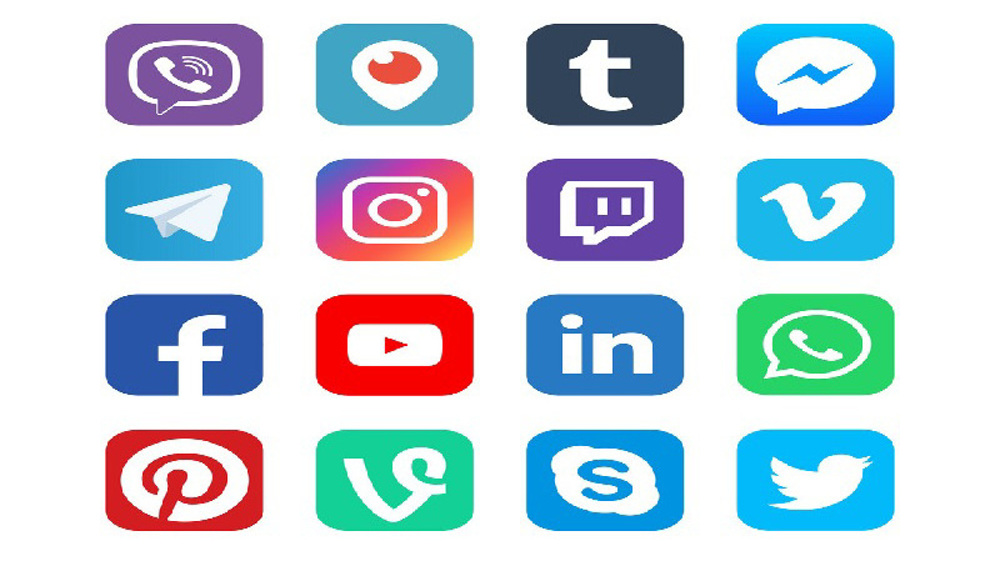
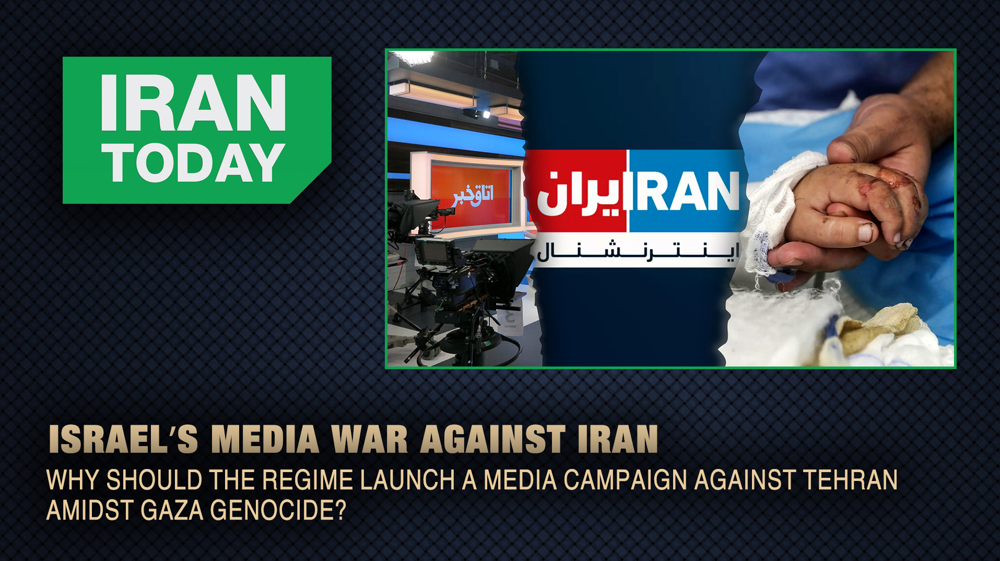
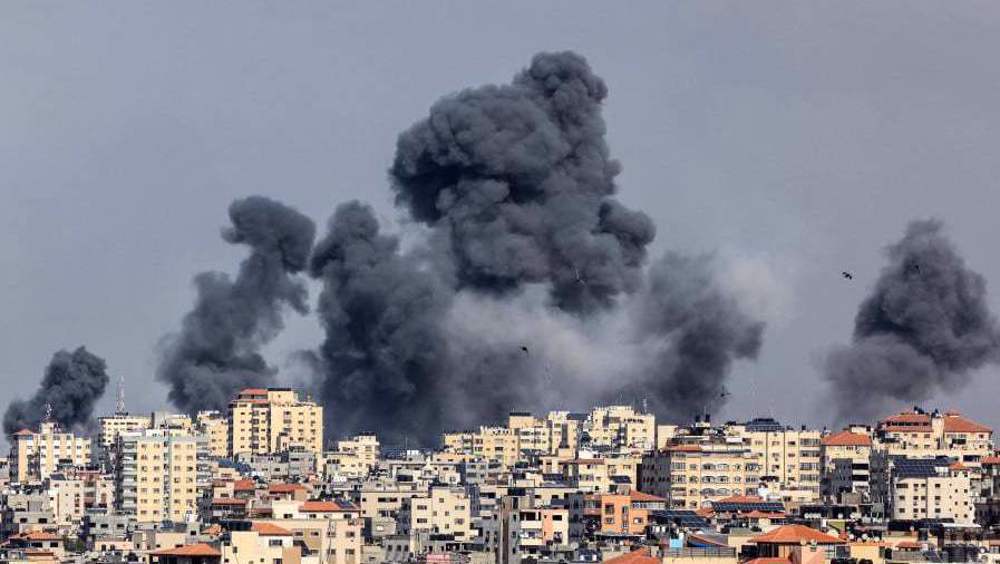
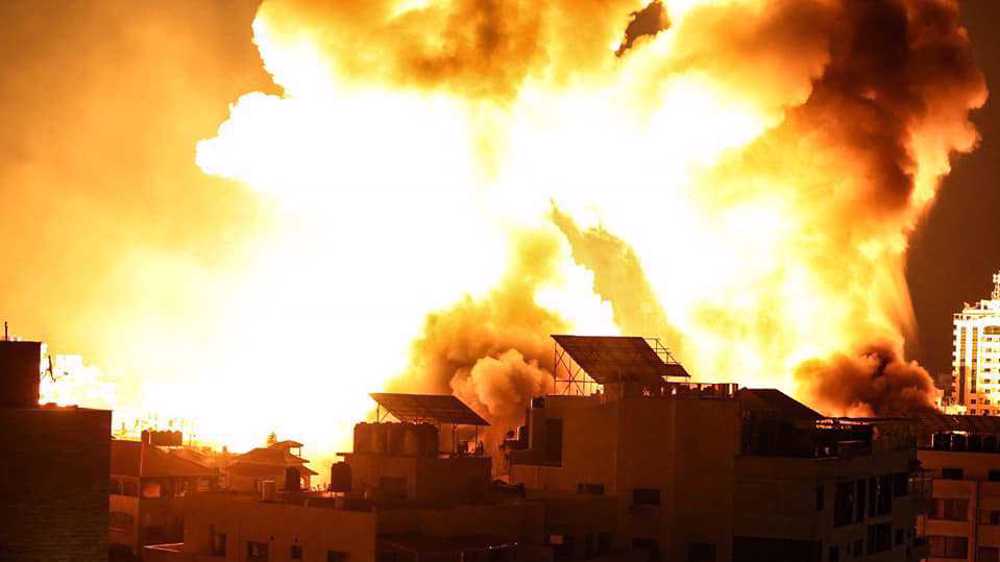
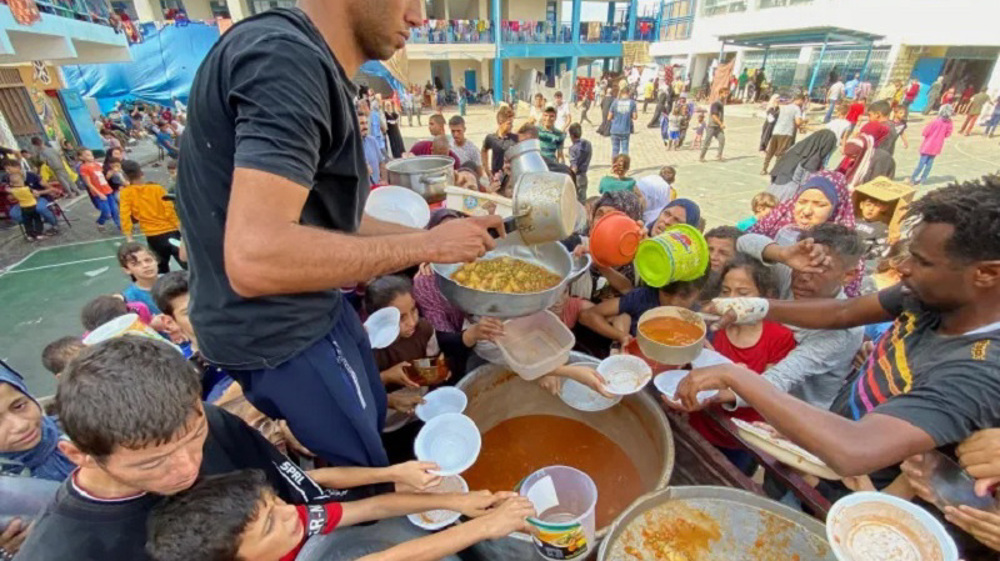
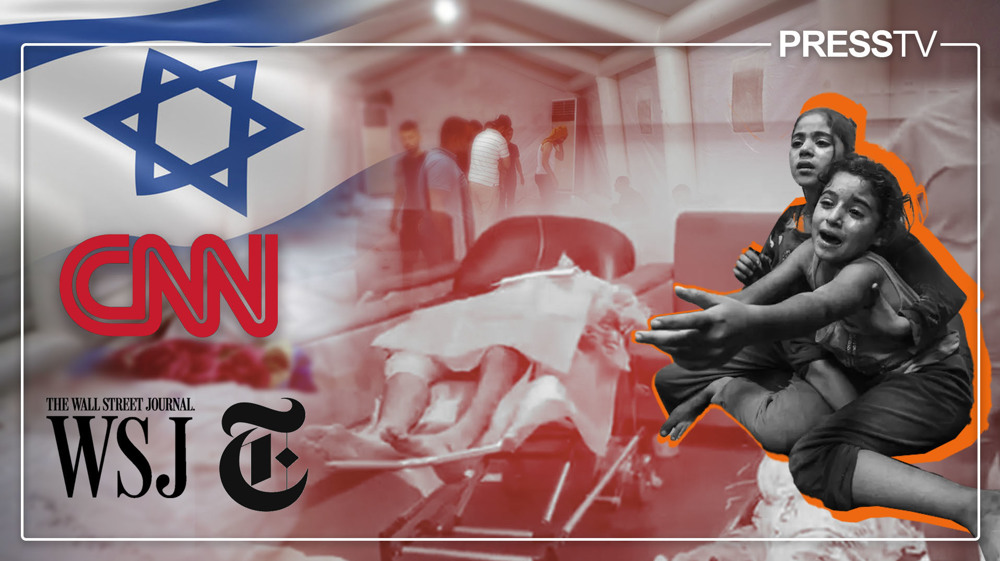
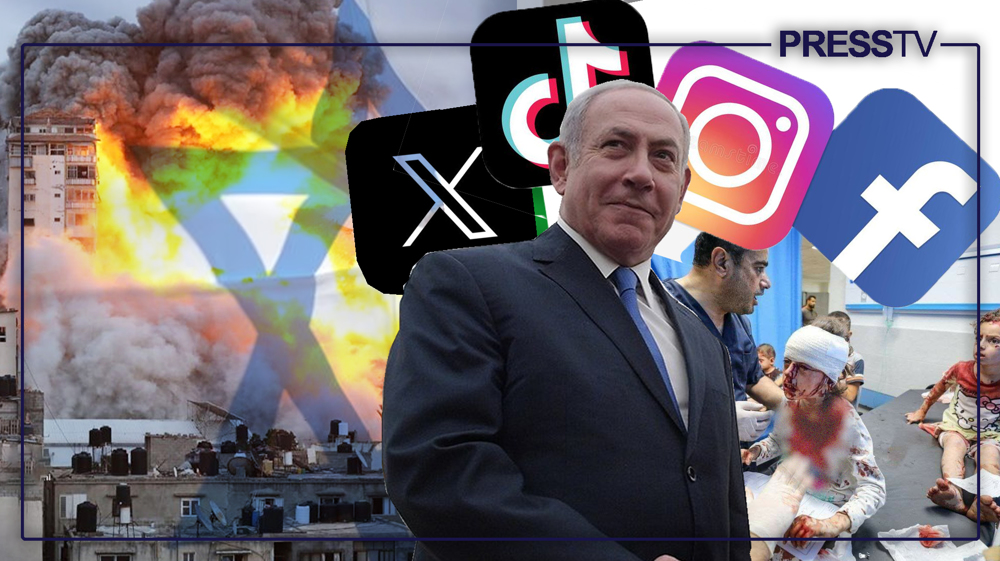
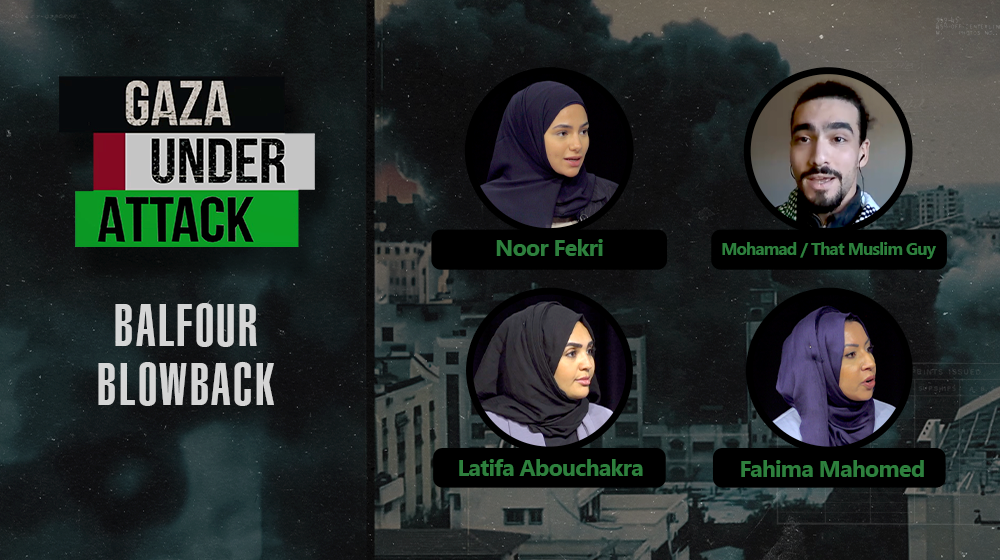
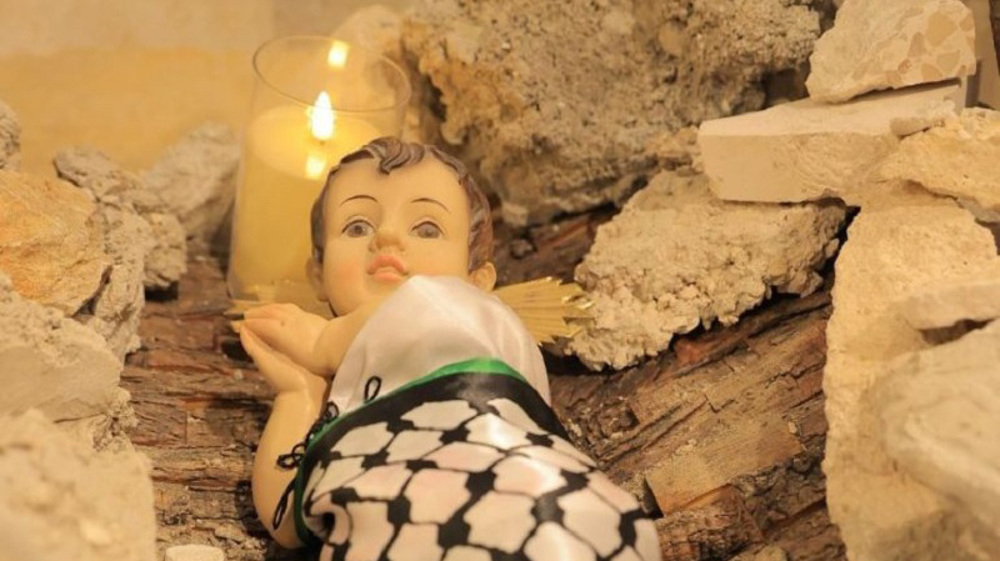
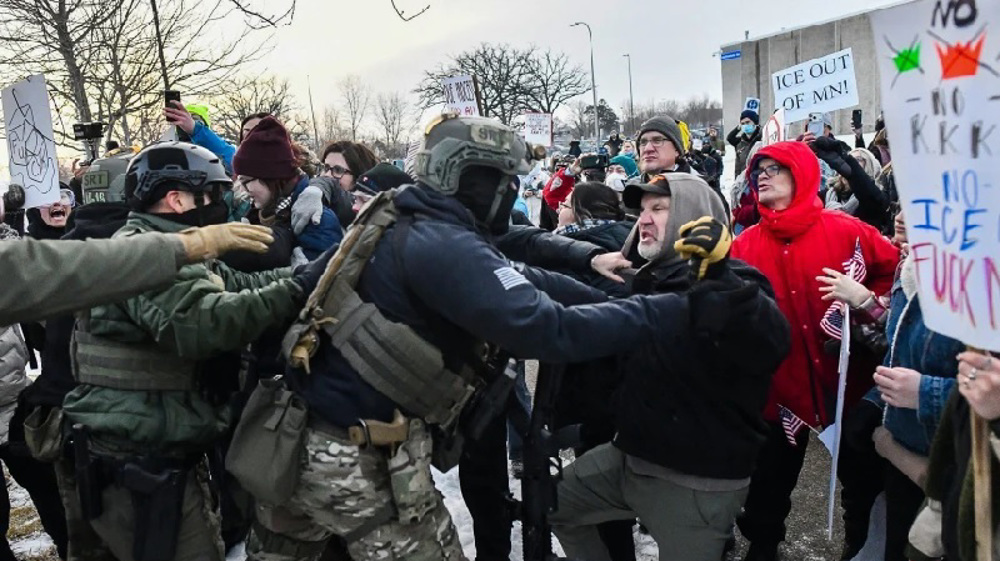
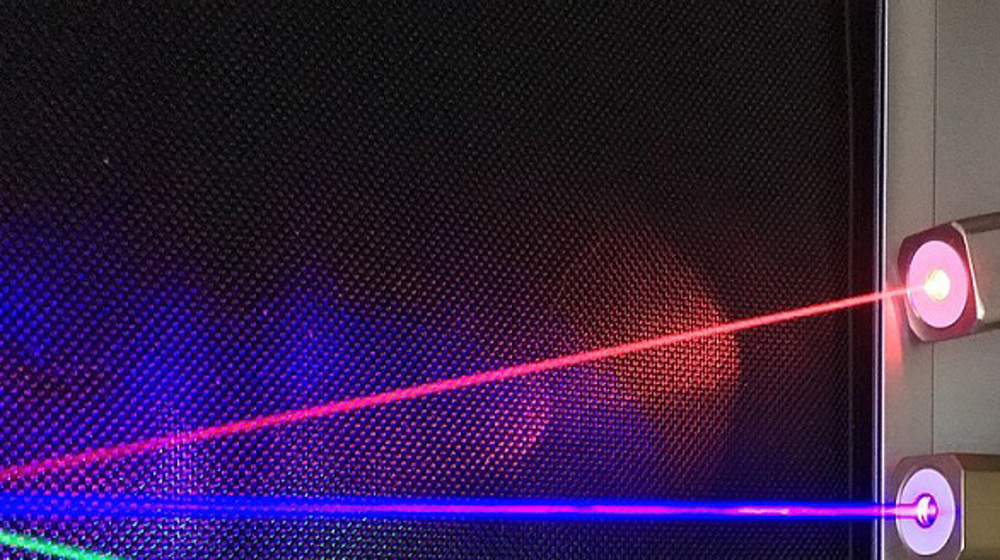
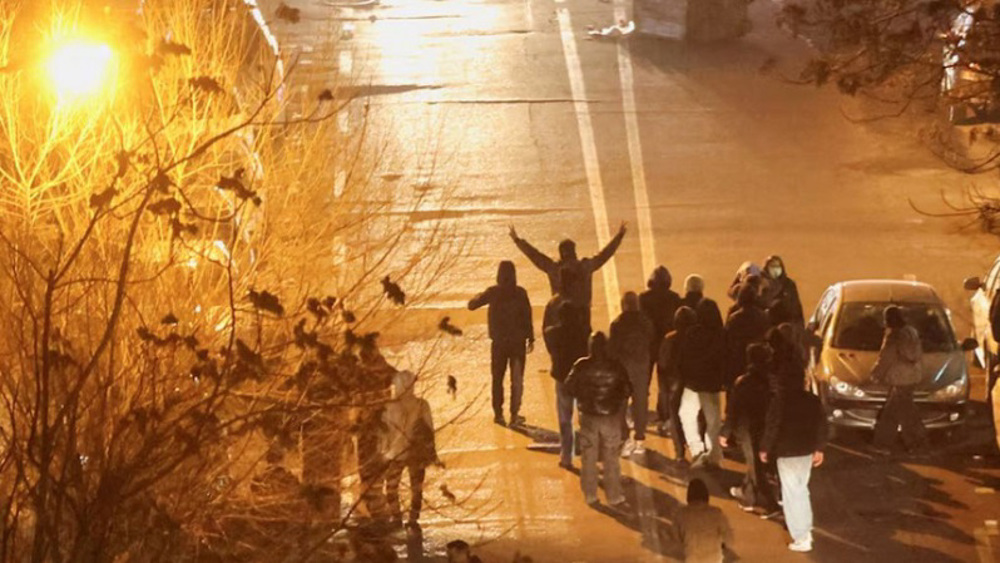



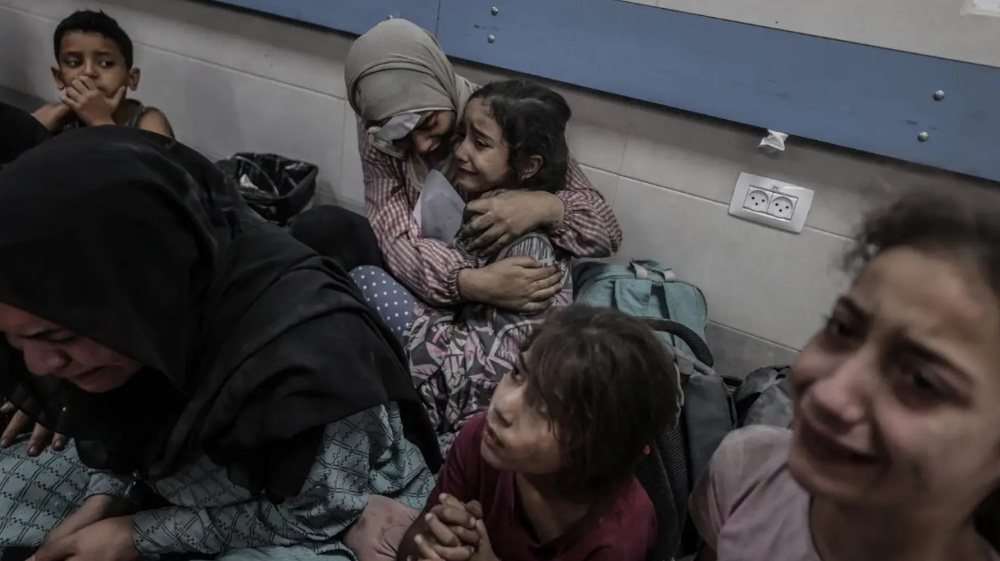
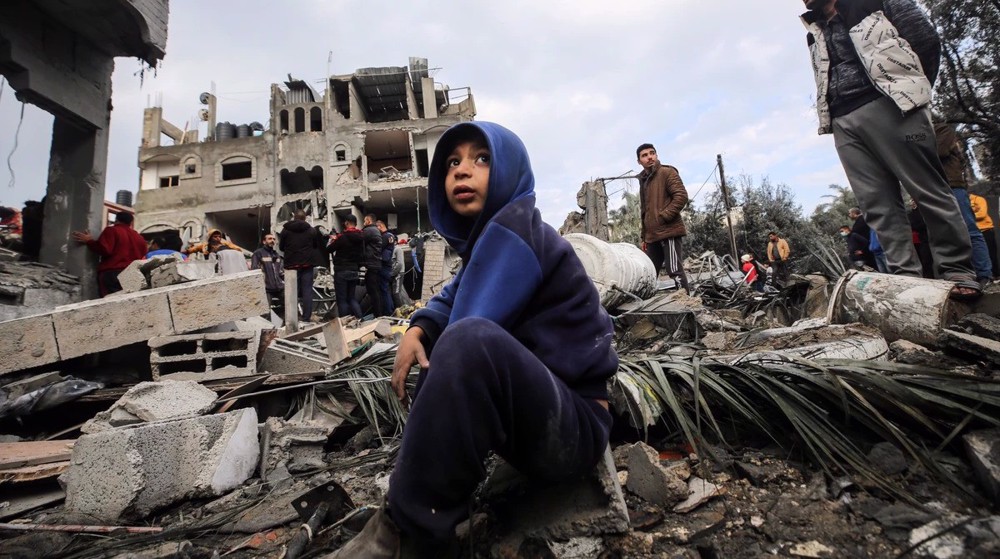
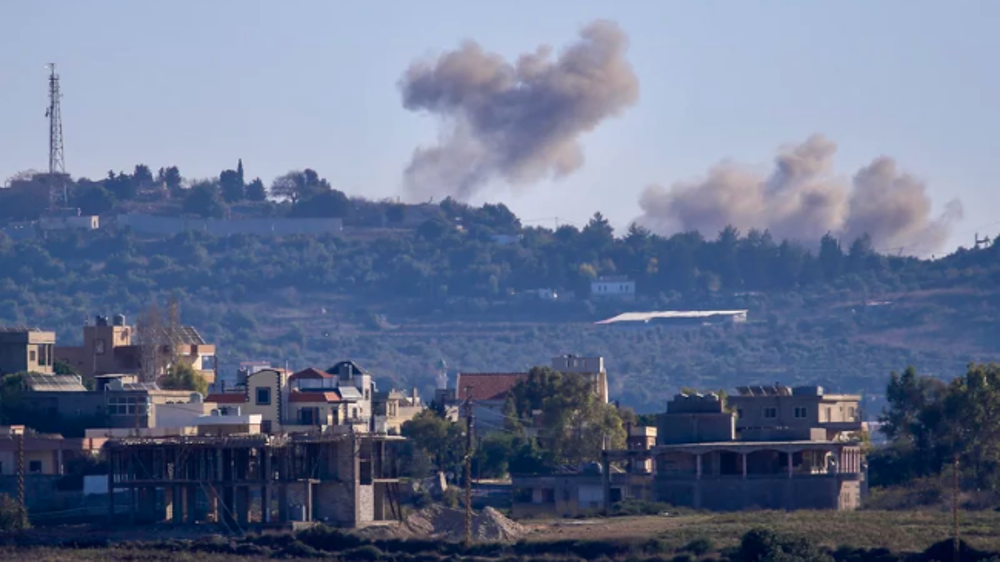
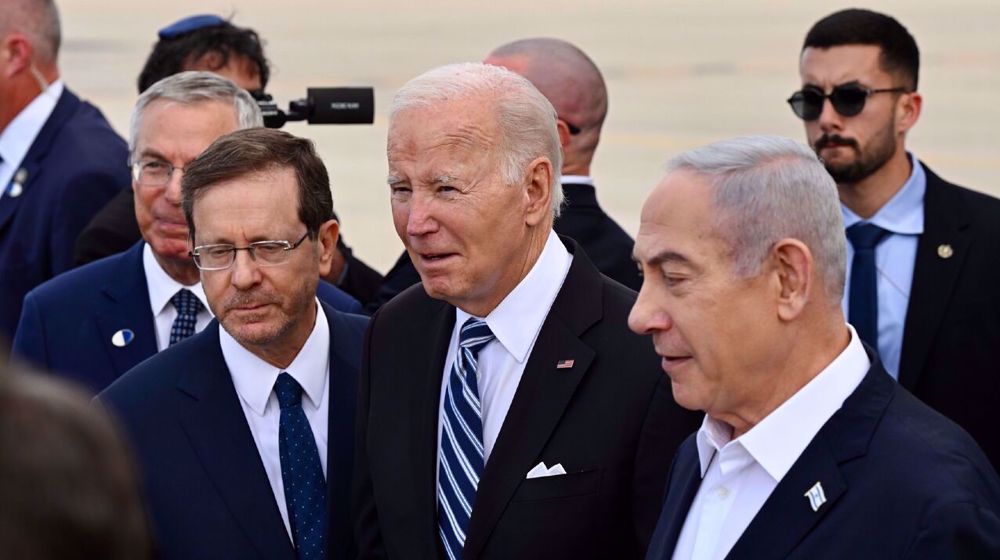
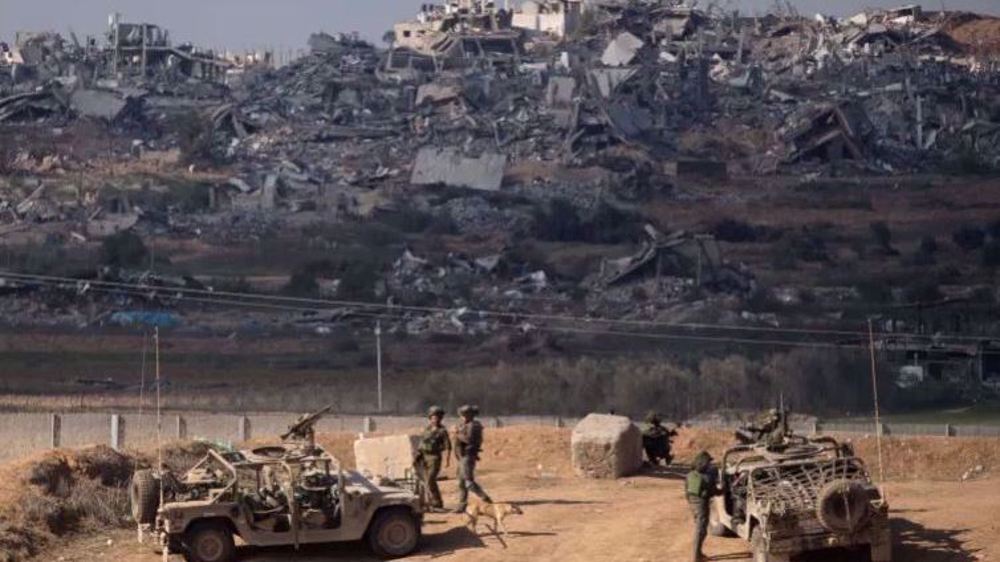
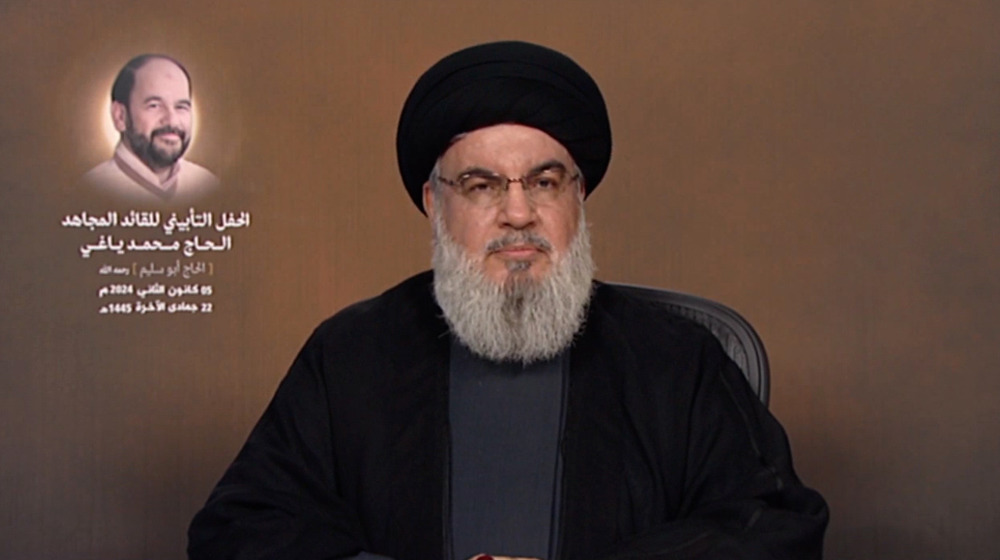
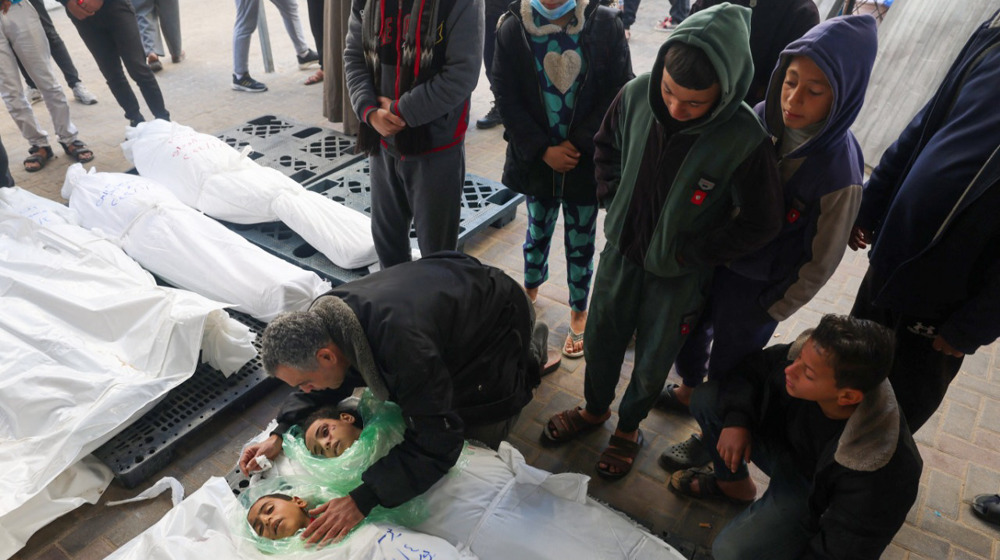
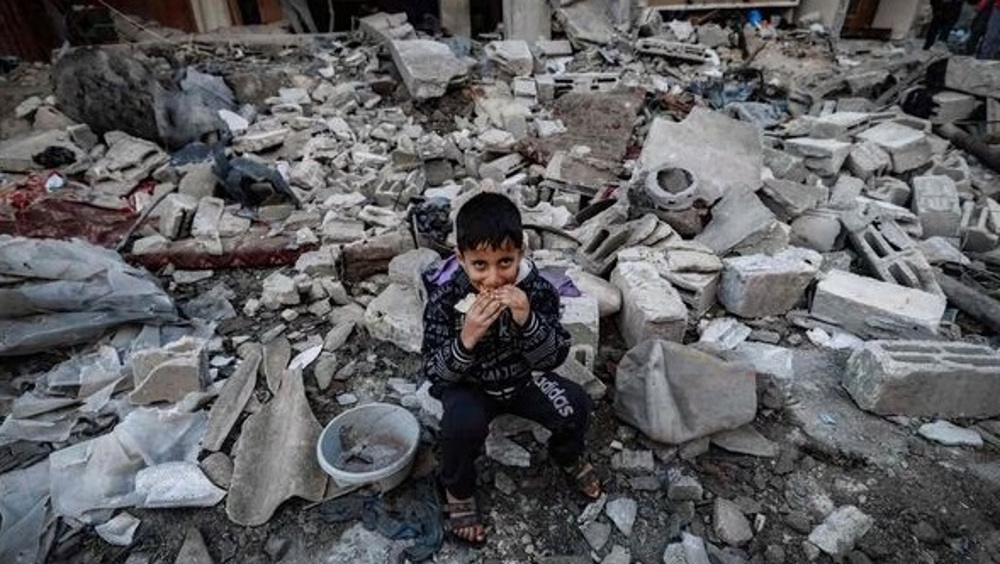
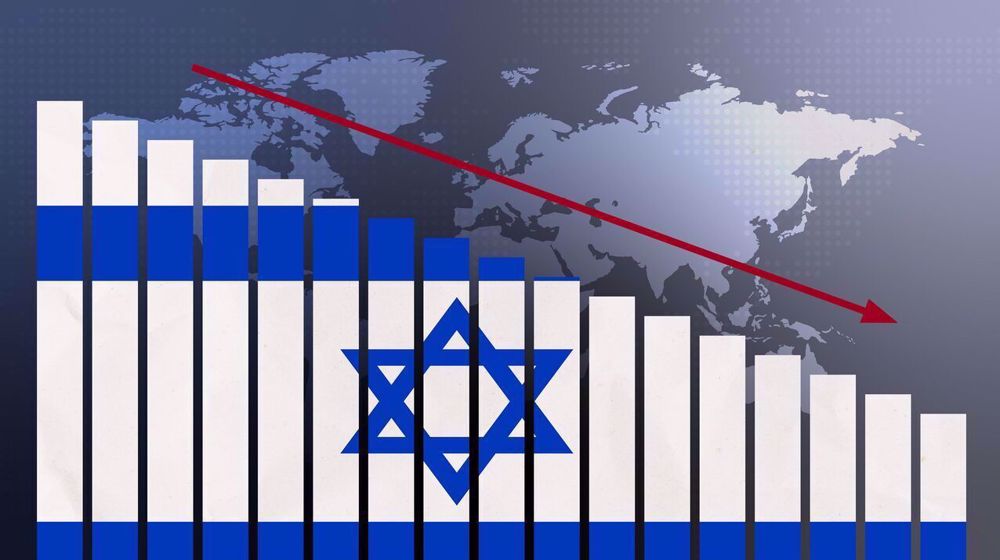
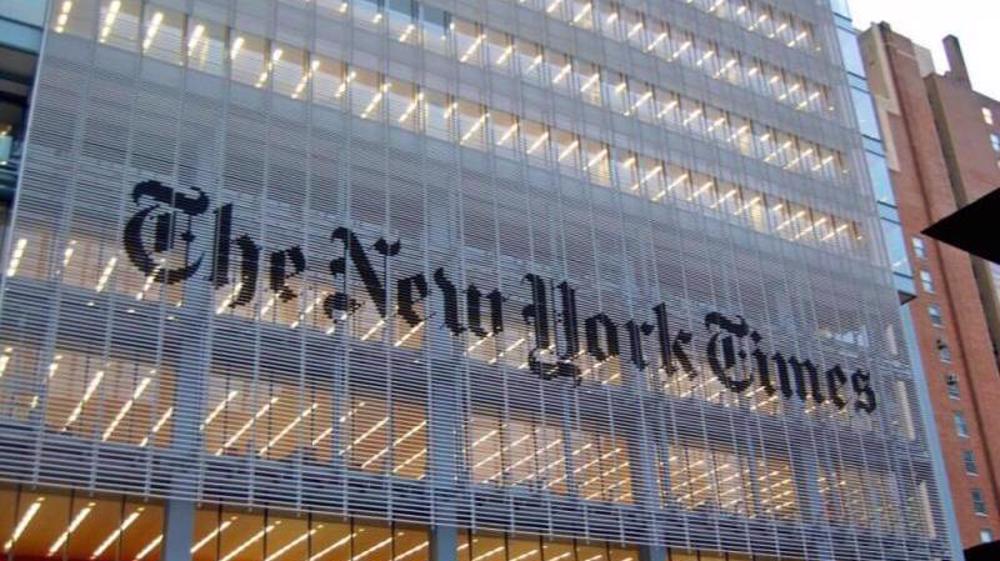

 This makes it easy to access the Press TV website
This makes it easy to access the Press TV website